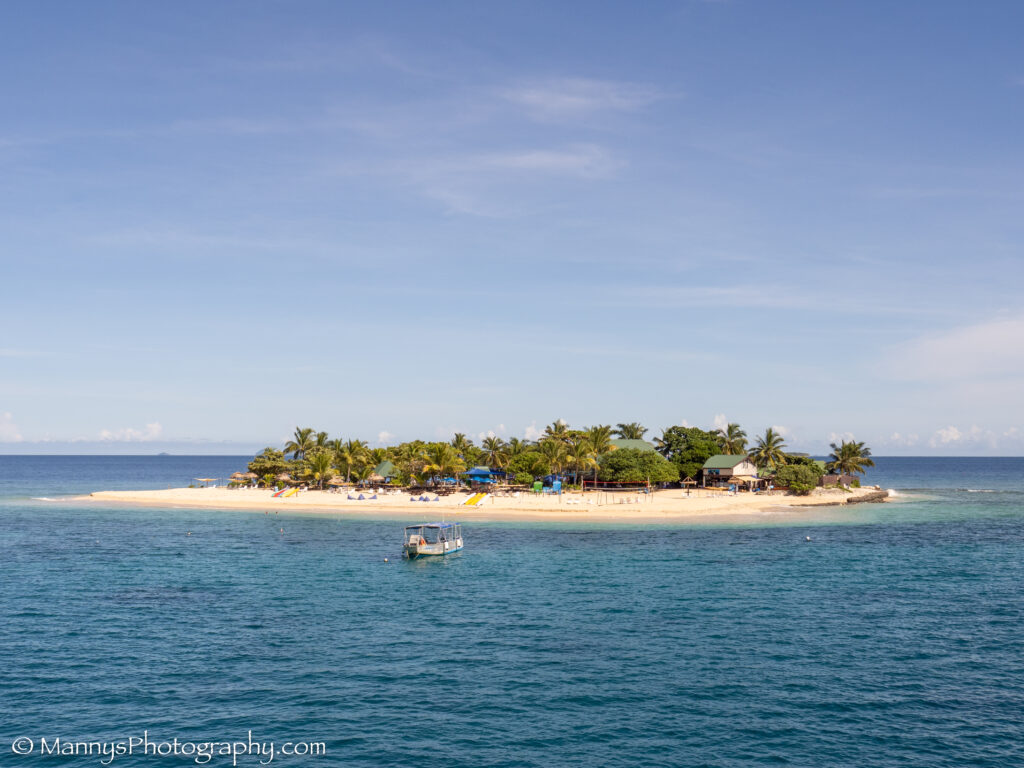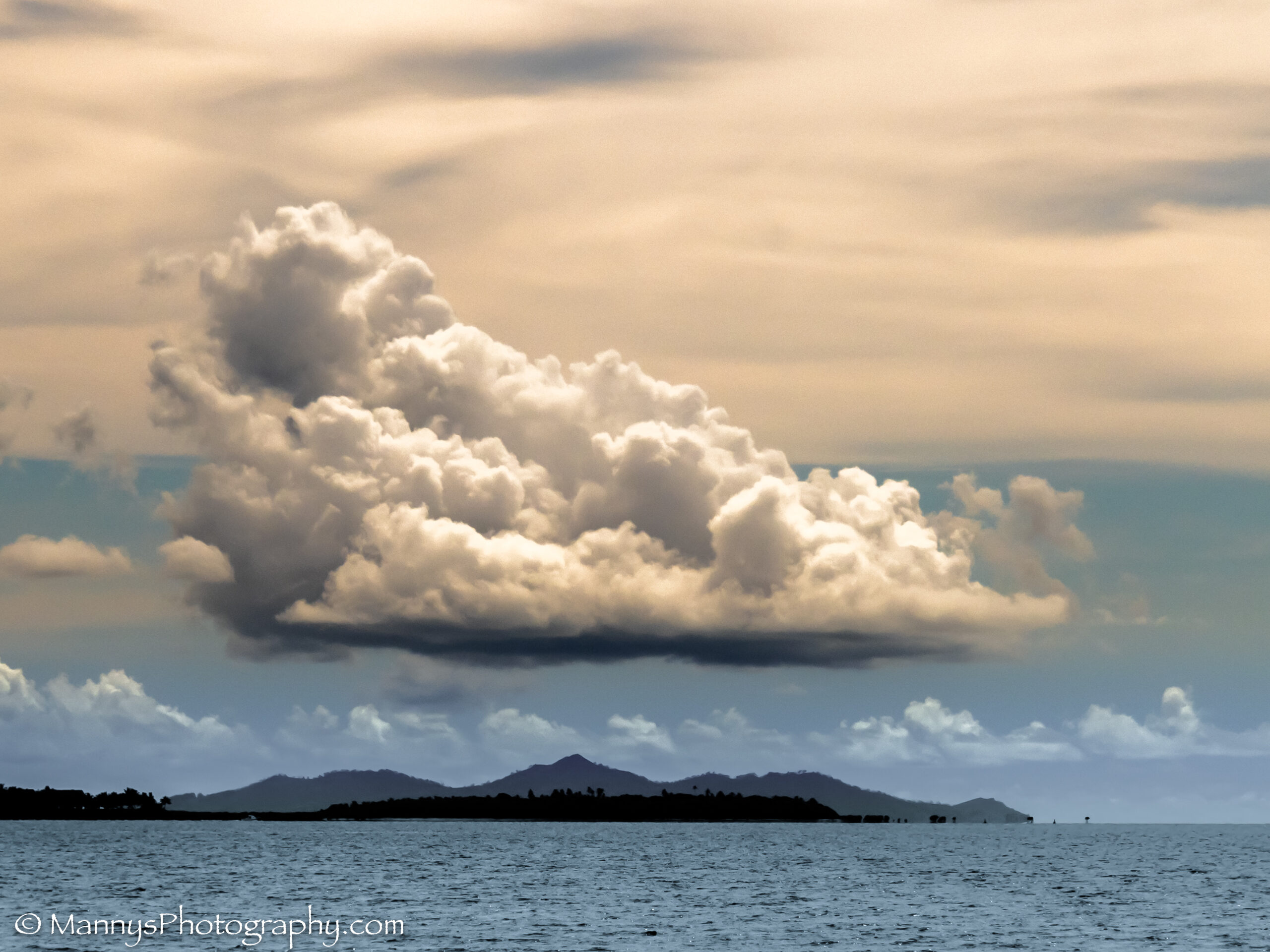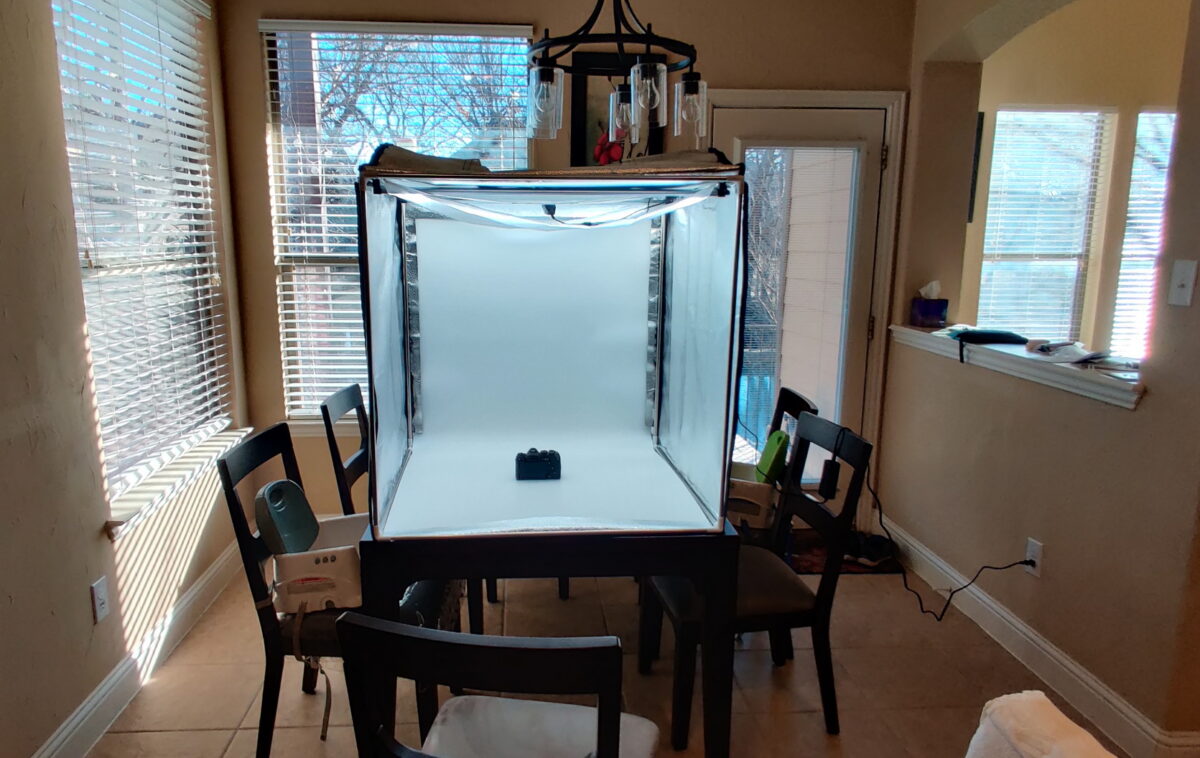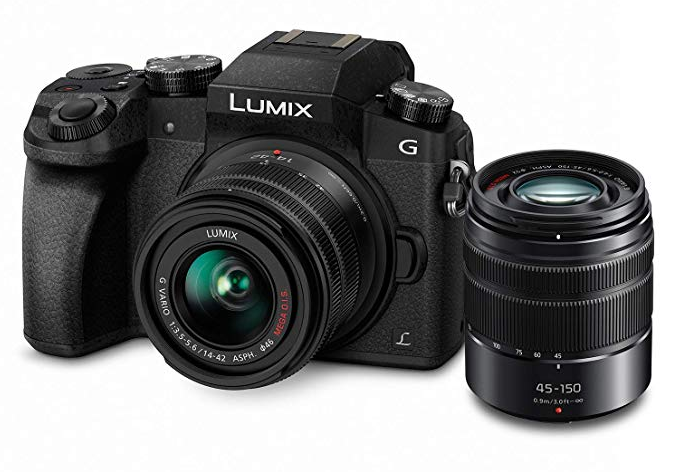When I planned a family trip to Fiji, I knew photography would take a backseat to the real purpose of the trip: spending time with my kids, ages 7 and 9, and exploring together without turning it into a gear-heavy production. That meant one thing for my camera setup – simplicity and peace of mind.
I didn’t pack my best lenses. I didn’t stress over what would give me the sharpest corners or most buttery bokeh. I packed what made sense: lightweight, affordable Micro Four Thirds lenses that gave me the flexibility to shoot what I wanted without slowing me down—or making me worry about damaging expensive gear.
Here’s how it went and why I’ll make the same choice again.
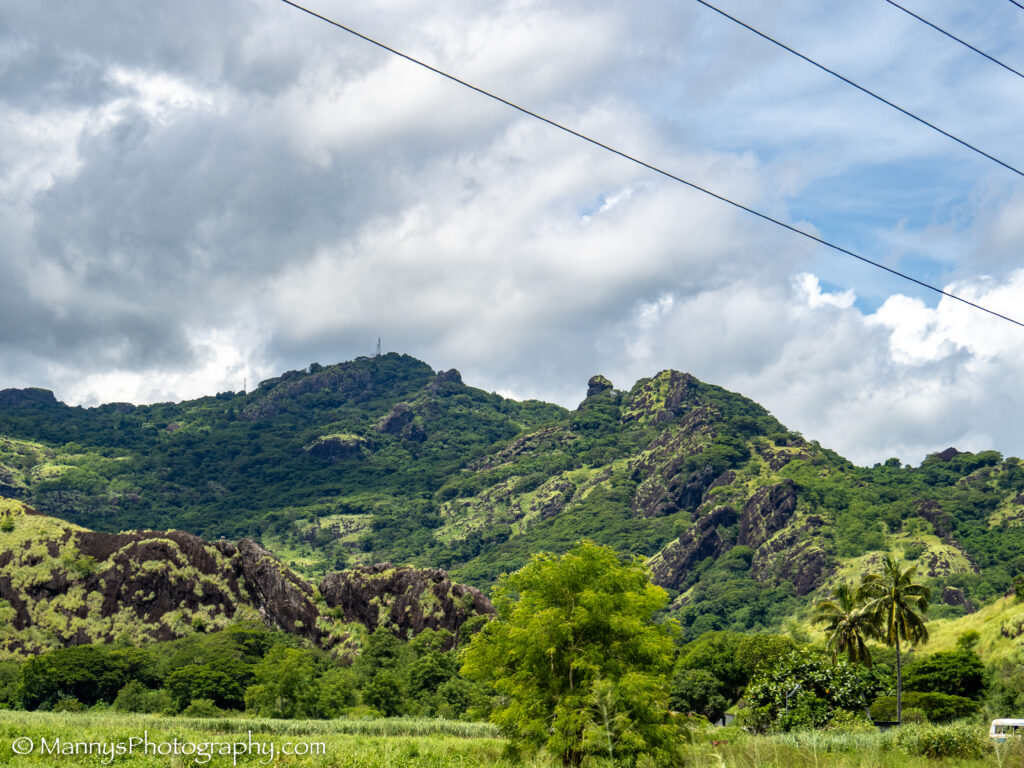
My Travel Kit
For this trip, I brought the Olympus OM-D E-M5 Mark III paired with three lenses:
- Panasonic 20mm f/1.7
- Olympus 14-150mm f/4-5.6 II
- Olympus 75-300mm f/4.8-6.7 II
Each of these lenses is relatively inexpensive, compact, and covers a different piece of the focal length puzzle. Importantly, they allowed me to cover everything from wide shots to distant compression without swapping lenses constantly.
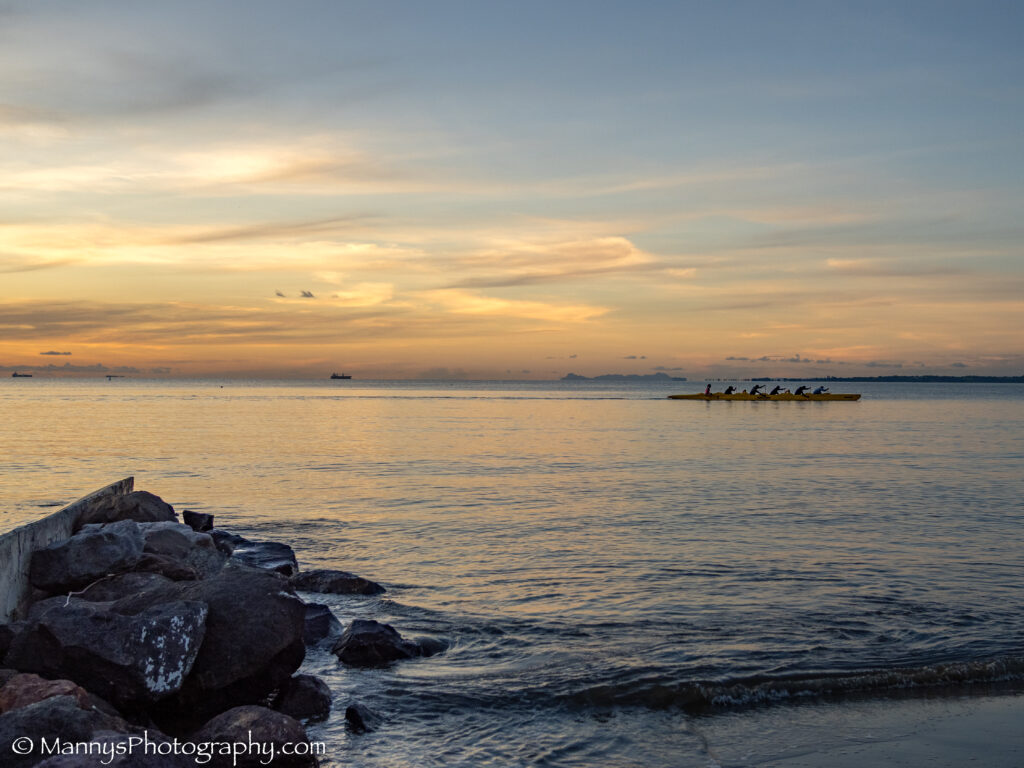
Why These Lenses?
Panasonic 20mm f/1.7 II
A tiny pancake lens that’s great for quick street shots, indoor scenes, and anything in low light. I used this mostly for food, casual portraits, and evening family moments when I wanted to stay discreet and shoot fast.
Olympus 14-150mm f/4-5.6 II
The real MVP. I took many of my favorite shots with this lens—from moving car windows to trolley-track biking through remote villages. It’s sharp enough, flexible, and never got in the way. With its weather sealing and broad zoom range, it’s perfect for travel.
Olympus 75-300mm f/4.8-6.7 II
This one didn’t come out of the bag as often, but when it did—usually for distant subjects or compressed perspective shots—it delivered. In bright light, this lens performs surprisingly well, especially considering its size and weight.
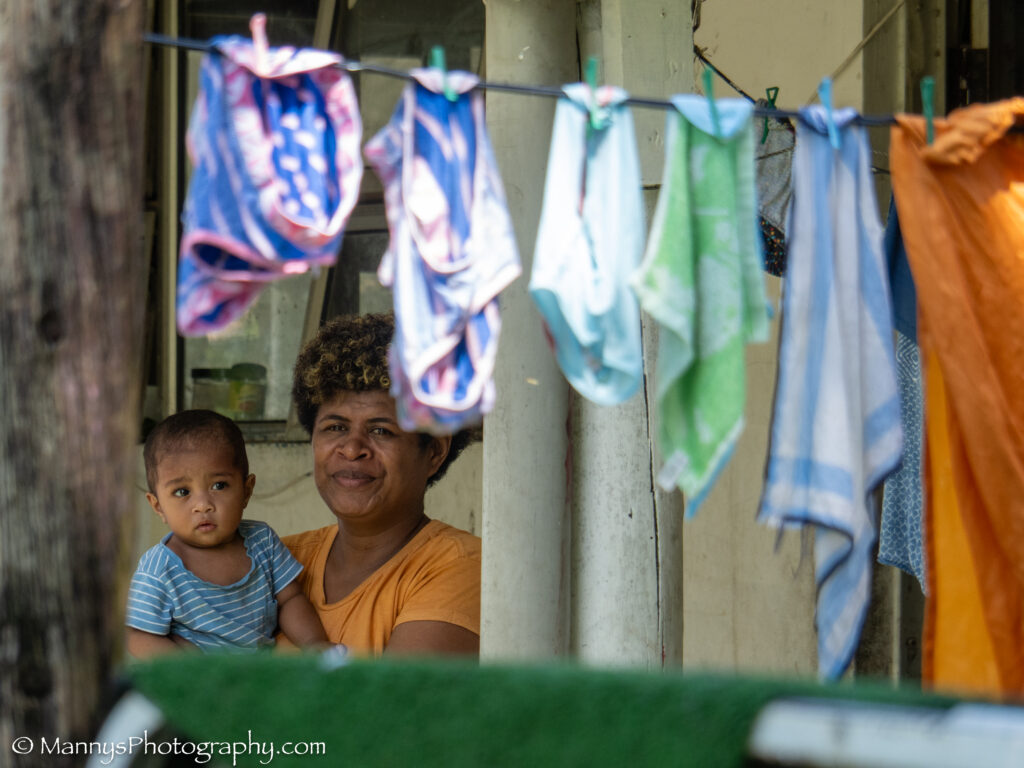
My Thinking Behind the Kit
This wasn’t a photography trip. I wasn’t hauling gear to create a portfolio or test optics. I was with my kids, moving fast, often distracted, and I wanted gear I could trust without worrying about it.
I own the Leica 12-60mm f/2.8–4, and it’s a fantastic lens. But I purposefully left it behind. Why? Because I knew I’d miss the 60–150mm range. More importantly, I didn’t want to baby an expensive lens the entire time.
Yes, people have recommended the Olympus 12-100mm f/4 Pro. It’s brilliant. But it’s heavier and more expensive, and when you’re not shooting professionally, that added weight becomes a real factor.
I went for range, flexibility, and peace of mind—and I’m glad I did.
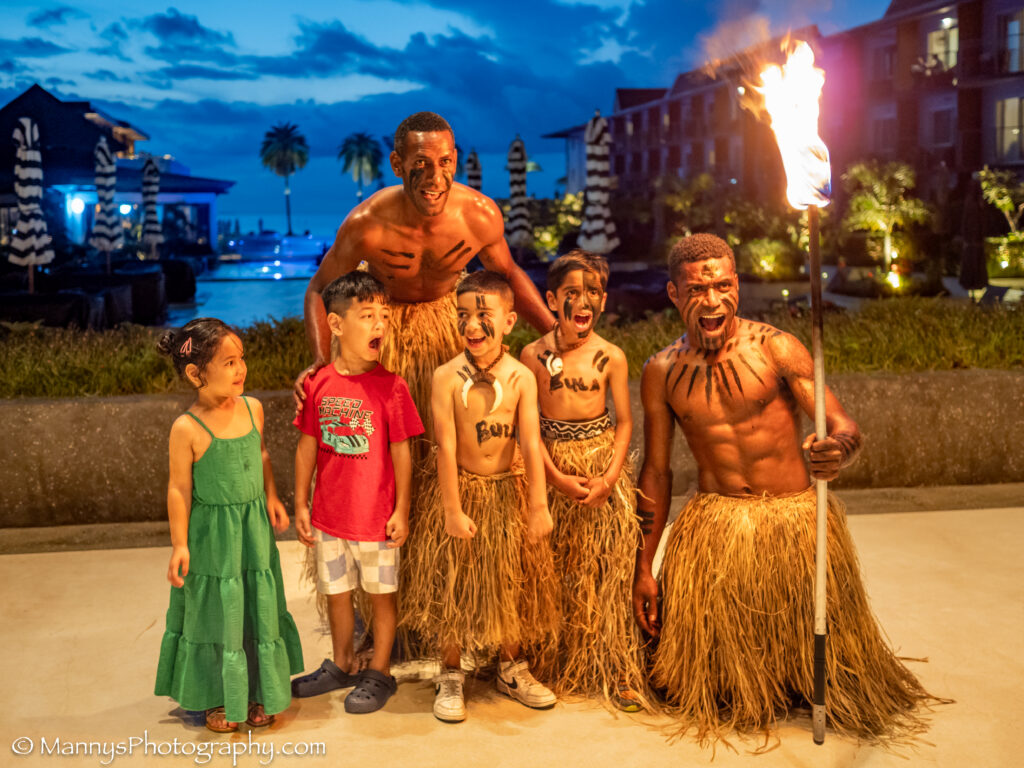
©MannysPhotography.com
Lens Comparison Table
To help you compare, here’s a breakdown of the lenses I brought (plus a few alternatives), including weight and price as of 2025:
| Lens | Weight (g) | Weight (lbs) | New Price | Used Price | Notes |
|---|---|---|---|---|---|
| Panasonic 20mm f/1.7 II | 87g | 0.19 lbs | $250 | ~$150 | Tiny, fast prime; great in low light |
| Olympus 14-150mm f/4-5.6 II | 285g | 0.63 lbs | $550 | ~$300 | All-in-one travel zoom |
| Olympus 75-300mm f/4.8-6.7 II | 423g | 0.93 lbs | $450 | ~$250 | Long reach, daylight performer |
| Panasonic 100-300mm f/4-5.6 II | 520g | 1.15 lbs | $650 | ~$400 | Better build and stabilization |
| Leica 12-60mm f/2.8–4 | 320g | 0.71 lbs | $900 | ~$600 | Sharp, fast, flexible |
| Olympus 12-100mm f/4 Pro | 561g | 1.24 lbs | $1300 | ~$850 | Incredible, but heavy for casual use |
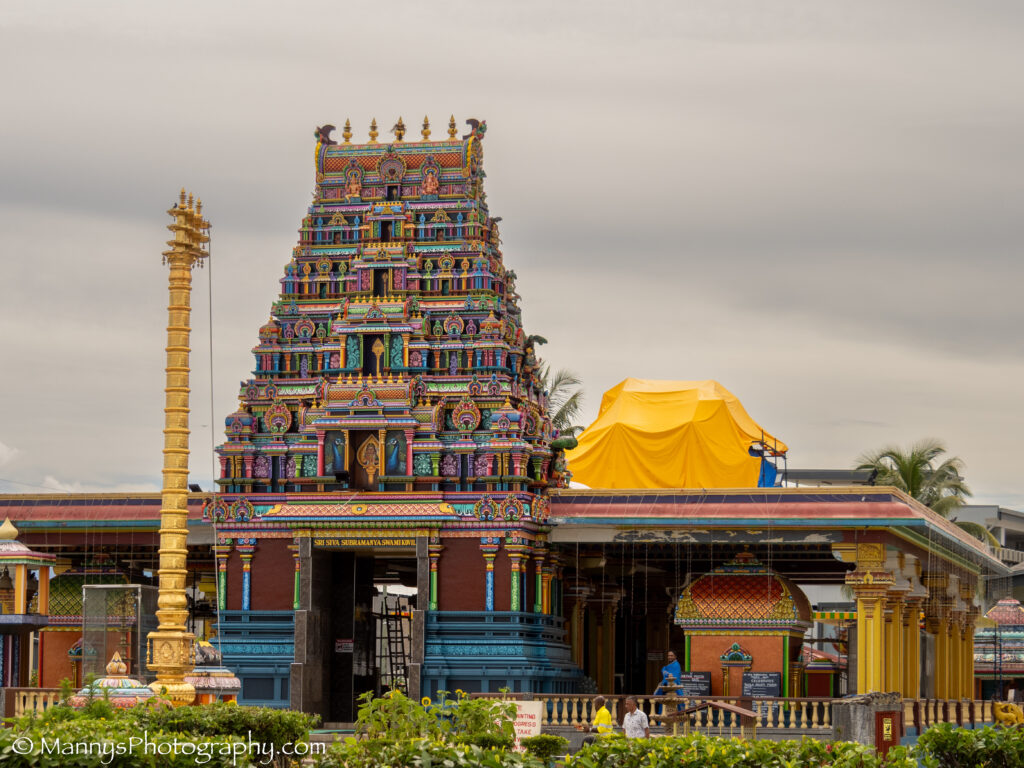
What I Got in Return
The photos I took on this trip weren’t technically perfect—but they’re some of my favorites. They captured real moments, without slowing me down. I wasn’t worried about swapping lenses on a moving bike. I wasn’t stressed about scratches or sand. I just shot.
That’s what the right gear can do—not the best gear, but the gear that fits your trip.
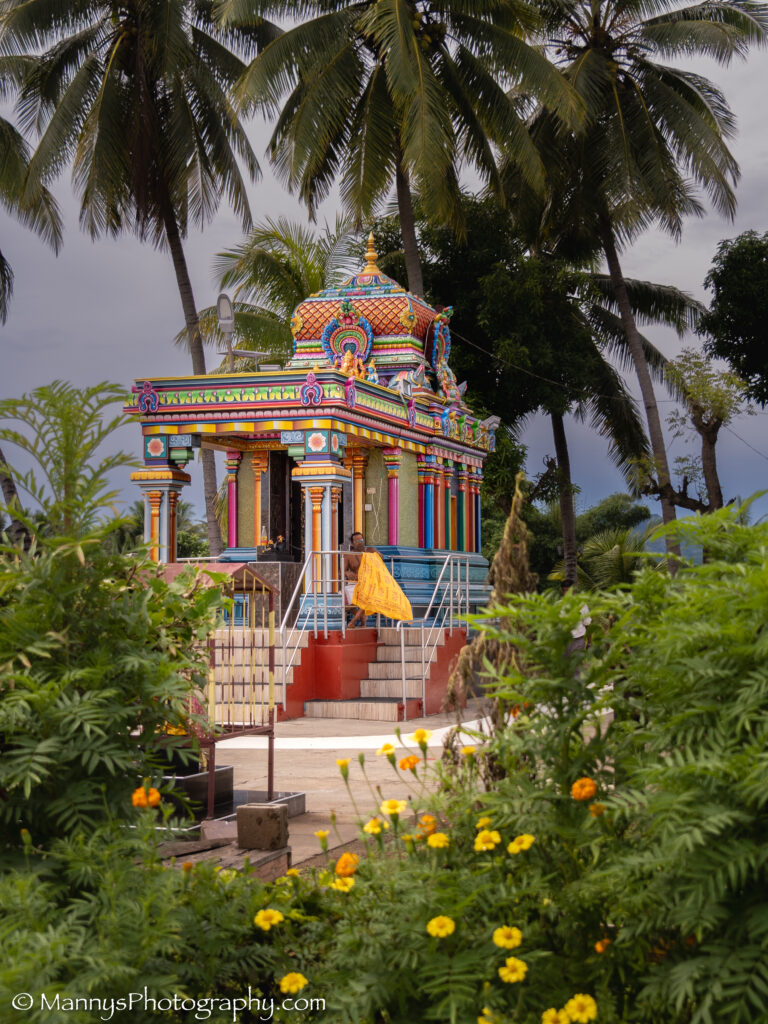
Final Thoughts
If you’re traveling with family, if photography isn’t the main focus, or if you just want to shoot without overthinking it—this kind of setup works beautifully.
Don’t let the fear of not having the “best” lens stop you from enjoying photography. Sometimes, what’s good enough is more than enough.
Have you traveled with budget lenses? What’s your go-to travel kit? Drop your thoughts in the comments – I’d love to hear your perspective.
